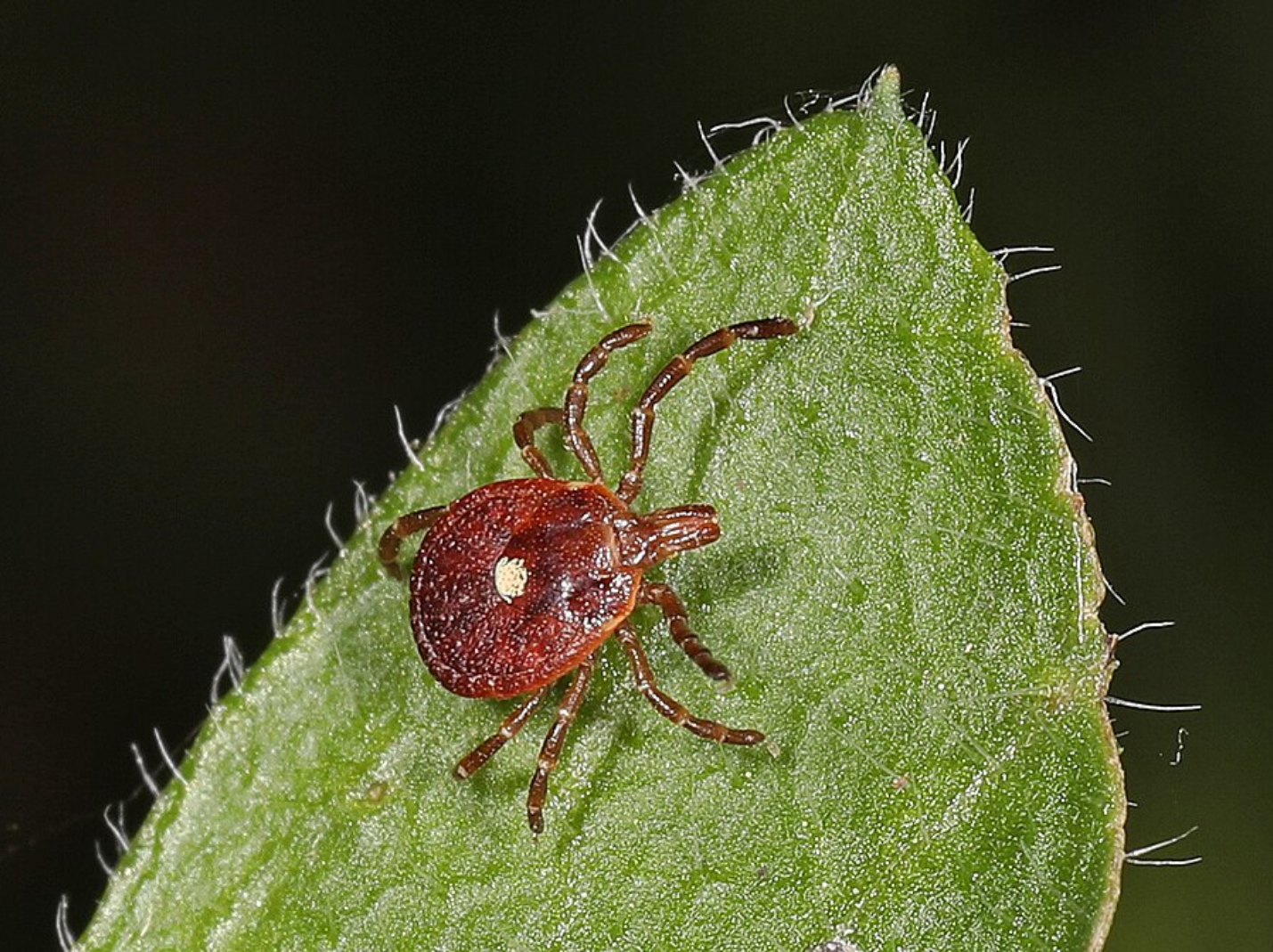
Editor’s Note: The following is an article originally published on the College Fix on August 14, 2025. With edits to match Minding the Campus’s style guidelines, it is crossposted here with permission.
Two bioethics professors at Western Michigan University are exploring a controversial thought experiment: Should spreading a debilitating meat allergy be morally required if eating meat is considered wrong?
The paper recently sparked backlash online amid a larger trend of climate change scientists calling for reduced meat consumption. But one of the authors told the College Fix that the paper is just a thought experiment and not an endorsement of spreading the allergy-causing ailment.
In their paper “Beneficial Bloodsucking,” published in July in the journal Bioethics, Dr. Parker Crutchfield and Dr. Blake Hereth, both professors of medical ethics, considered whether the intentional spread of alpha-gal syndrome, a tick-borne illness that causes an allergic reaction to meat, could be justified morally.
Alpha-gal syndrome is caused by the bite of the lone star tick, which transmits a sugar molecule called alpha-gal into a person’s bloodstream. Once sensitized, individuals can develop allergic reactions ranging from mild hives and gastrointestinal distress to potentially life-threatening anaphylaxis after eating beef, pork, lamb, or other red meats, according to a Centers for Disease Control report.
[RELATED: Duke Turns Scientists into Salesmen]
However, Crutchfield and Hereth wrote in their paper that the syndrome has “no significant negative effects on human health (so long as one avoids eating meat).”
The authors wrote that “promoting” alpha-gal syndrome “is strongly pro tanto morally obligatory,” using the philosophical term to mean an act is required unless outweighed by stronger moral reasons against it.
“Herein, we argue that if eating meat is morally impermissible, then efforts to prevent the spread of tickborne AGS are also morally impermissible,” they wrote in the abstract. “After explaining the symptoms of AGS and how they are transmitted via ticks, we argue that tickborne AGS is a moral bioenhancer if and when it motivates people to stop eating meat.”
“We then defend what we call the Convergence Argument: If x-ing prevents the world from becoming a significantly worse place, doesn’t violate anyone’s rights, and promotes virtuous action or character, then x-ing is strongly pro tanto obligatory; promoting tickborne AGS satisfies each of these conditions,” they wrote.
However, Crutchfield (pictured) told the College Fix that his work is not an endorsement of actually releasing ticks or otherwise spreading alpha-gal syndrome.
“No,” he told the Fix in a recent email when asked if the paper advocates for intentional spread of the tickborne illness. Instead, he described the piece as a hypothetical ethical framework for discussion when asked about the intent.
Crutchfield said his personal diet is not vegetarian or vegan.
“People assume I’m a vegan,” he told the Fix. “I’m not. I’m not even a vegetarian.”
Their paper recently sparked backlash online after the conservative account LibsofTikTok shared screenshots of the abstract and suggested the authors were advocating for the spread of the illness.
Others see danger even in posing the argument.
H. Sterling Burnett, director of the Arthur B. Robinson Center on Climate and Environmental Policy at the Heartland Institute, told the Fix the premise is deeply flawed.
“The argument is set as a conditional, ‘if eating meat is bad, then promoting a disease which dissuades one from eating certain types of meat is morally obligatory,’” Burnett said.
“There are multiple problems with the claim, among them the authors provide no valid argument for the claim that eating meat is a moral wrong. I’ve seen such arguments, they depend heavily on certain understandings of utilitarianism, but they don’t hold water, and regardless these authors don’t seriously defend the claim, rather they assume it,” he told the Fix.
Beyond the logical critique, Burnett said promoting illness violates a fundamental moral boundary.
[RELATED: NIH’s New Rules Try to Curb Tech Abuses but Miss the Structural Rot in Research Funding]
“It is never morally right to promote a disease which harms people, robs them of choice, literally makes them sick and in extreme instances kills them,” he said. “Whether to fight climate change or promote animal welfare, preventing the eradication of a disease that causes human harm—indeed, promoting increased infection—is morally abhorrent.
“This is the kind of philosophical argument that gives philosophy and the study of ethics a bad name,” he said.
Cutting back on meat consumption also has a connection to climate change advocacy. Some doctors have urged people to eat less meat for the planet and one group of professors recently urged governments to create a tax on meat. Others have linked “greenhouse gasses” to livestock and “climate change.”
A Centers for Disease Control report in 2023 found that cases of alpha-gal syndrome are on the rise in the United States, with thousands of suspected infections each year. The lone star tick’s range has expanded due to factors such as climate change and land use patterns, raising public health concerns about tick-borne illnesses in general.
Visit our Minding the Science column for in-depth analysis on topics ranging from wokeism in STEM, scientific ethics, and research funding to climate science, scientific organizations, and much more.
Image: “Lone Star Tick” by Judy Gallagher on Wikimedia Commons
Unfortunately the alpha gal issue is more than just eating meat. It’s also the bi-products of meat and dairy. So, shampoo, soap, even sugar if cut with bone char. It’s a really big deal for someone with the allergy